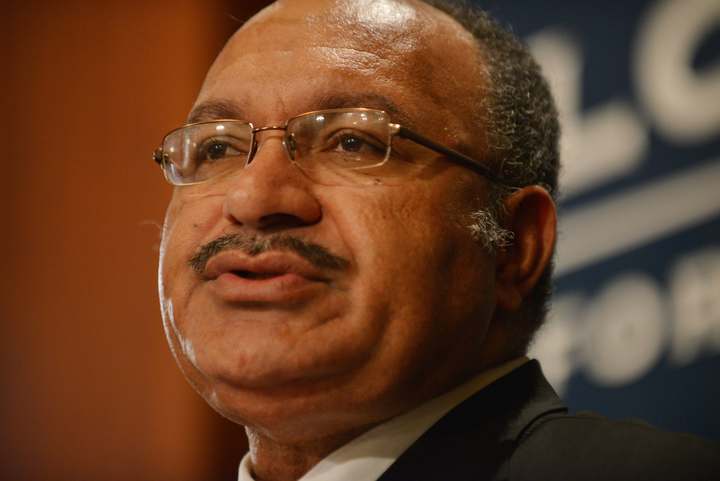Papua New Guinea lost US$432 million on a loan arranged by the Sydney office of the Union Bank of Switzerland (UBS) in 2014, far more than earlier thought, the UBS Inquiry has heard.
Current Prime Minister, James Marape, set up the inquiry three years ago but it only began hearing evidence earlier this year. It is expected to report back at the end of September, 2021.
Led by former chief justice, Sir Salamo Injia, the inquiry is investigating whether there was any corruption or impropriety in the PNG government obtaining the loan . . .
Please Subscribe to view full content...
